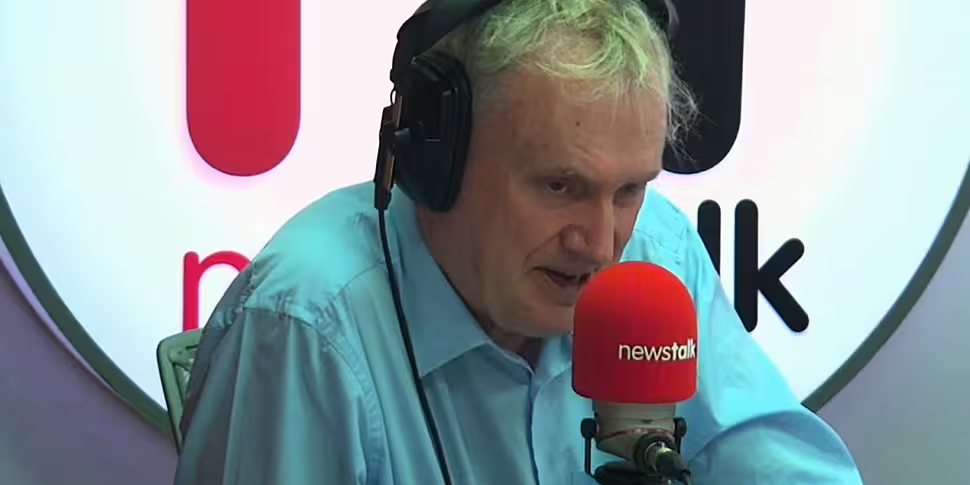Professor Luke O'Neill says he'd "definitely be pushing" for authorities to 'mix-and-match' COVID-19 vaccine doses to speed up the rollout.
The Trinity immunologist says there are now at least three studies showing it's safe and efficacious to use one vaccine for a first dose and another jab for the second.
It comes as officials in Ireland and elsewhere continue to face supply issues from some manufacturers, including around the two-dose AstraZeneca vaccine.
Meanwhile, Pfizer has significantly ramped up its production globally - with Ireland expecting hundreds of thousands of doses of the company's vaccine over the coming weeks.
Professor O'Neill told The Pat Kenny Show using two different vaccines to vaccinate individuals could help speed up the vaccination process.
He said: “I heard yesterday Pfizer are ramping up production as we know all over the place - Ireland will play its part, as we know.
"But their current factories are pumping out a level of vaccine unprecedented in history of vaccine development - Pfizer could swamp the market eventually.”
With that in mind, he said he'd definitely support giving doses of the Pfizer vaccine to people who've already received one dose of AstraZeneca, rather than having them wait 12-16 weeks for a second dose of the latter.
He said: "There are at least three studies showing you can mix-and-match, and it's safe and efficacious.
“I would definitely be pushing for mix-and-match, basically, just to speed up the rollout is the main reason."
Vaccines for people who've recovered from COVID-19
Another change that could see increased supply available would be to change the approach to vaccination for people who've already had and recovered from COVID-19.
Professor O'Neill explained that a single dose is likely sufficient for those people.
He said: “There’s remarkable evidence for this - there’s massive consensus among immunologists that if you’ve been infected and get one shot of the vaccine you get a massive immune response, even better than two shots they’re saying.
“If you’ve been infected your whole immune system is firing away. Then you get the first shot, and now it’s all primed… you’ve got superb protection.
“The suggestion is they’ll change the guidelines - now they haven’t done it yet, they’re examining it - [that] there’s no need for a second shot if you’ve been infected before.
“That would spare up supply for the developing world. It wouldn’t surprise me if the guideline changes… all this evidence is mounting.”
He also said early studies are suggesting the vaccines could give people "years of protection" from COVID-19, due to the strength of the immune response.









